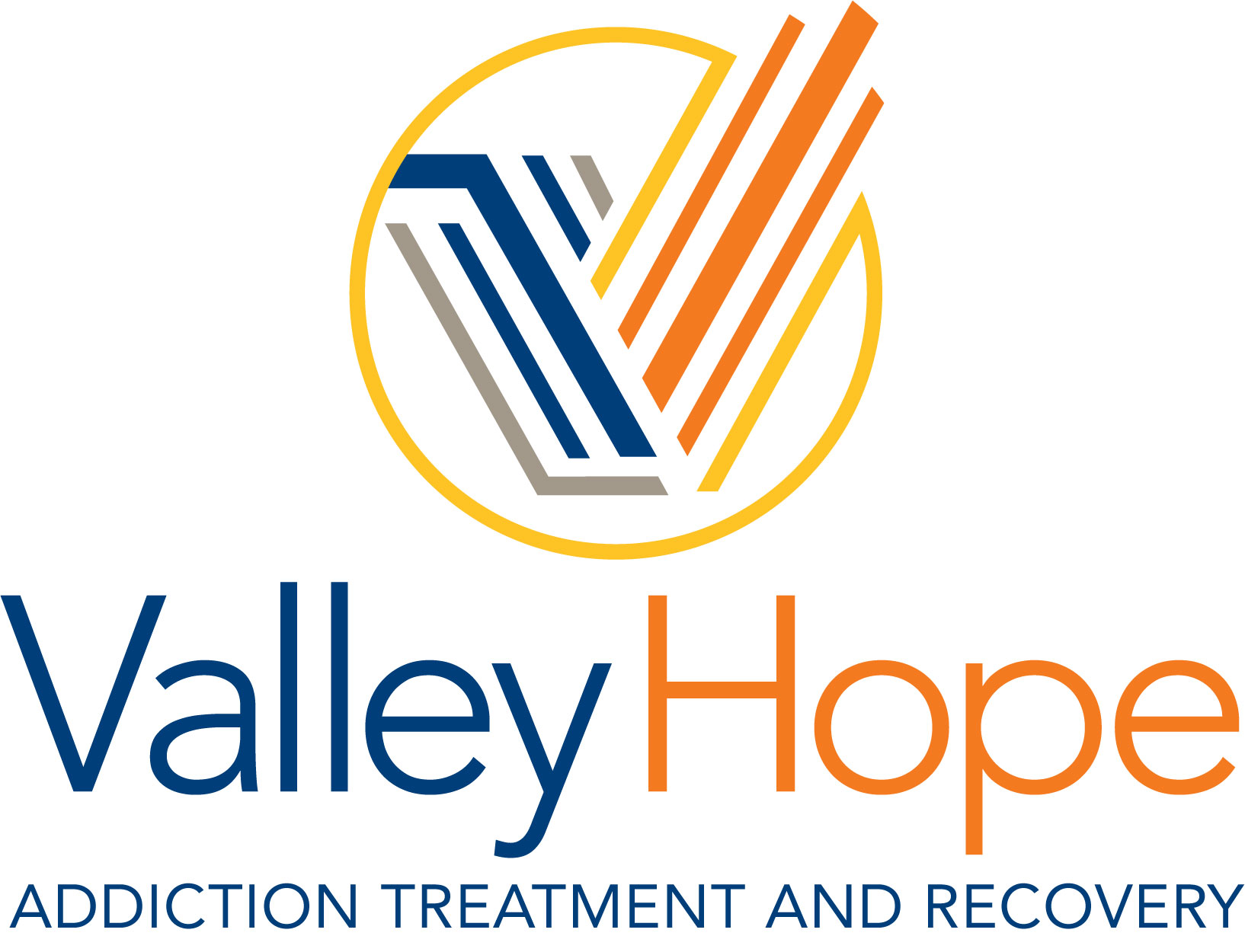Are you concerned that you may have a problem with alcohol? Are you an alcoholic or just a heavy drinker? The signs are not always as obvious as you might think. How do you know for sure?
The difference between alcoholism and alcohol abuse is that alcoholics are physically addicted to alcohol. Still, because addiction is a progressive disease, some who abuse alcohol eventually become alcoholics. Where do you fit in the scale? Only a trained professional can make a true diagnosis, however, there are online assessments that can help you determine whether to seek an official assessment and treatment.
Assessment
The CAGE questionnaire is a widely researched and accepted self-assessment tool. If you answer “Yes” to just two or more of the following questions, you may have a problem with addiction and should seek the help of a professional:
Have you ever felt you needed to cut down on your drinking or drug use?
Have people annoyed you by criticizing your drinking or drug use?
Have you ever felt guilty about your drinking or drug use?
Have you ever felt you needed a drink or drugs as an eye-opener in the morning in order to steady your nerves or get rid of a hangover?
If the CAGE score suggests alcohol or drug abuse may be a problem for you, then a full diagnostic assessment should be completed.
NCAAD Self-Test
The National Council on Alcohol and Drug Dependence (NCAAD) provides an online self-test with 26 questions intended to help you determine if you or someone you know needs to find out more about alcoholism. The results of the self-test are not intended to constitute a diagnosis of alcoholism and should only be used as a guide to understanding your alcohol use and the potential health issues involved with it. It does not serve as a substitute for a full evaluation by a health professional. The medical and counseling staff at Valley Hope can provide a professional diagnosis and, if a problem is discovered, recommendations for treatment.
Symptoms
A definitive diagnosis of alcoholism requires a medical doctor, but there are clear warning signs The indications of possible alcoholism include the following:
- Obsessive thoughts about drinking.
- Drinking at inappropriate times or alone.
- Drinking with the intention of getting drunk.
- Becoming defensive when confronted about drinking.
- Legal troubles resulting from alcohol use.
- Difficulty maintaining healthy relationships.
- Drinking more to get the same effect.
- Unsuccessful attempts to stop in the past and/or the development of withdrawal symptoms when not drinking for a period of time.
Medical Detox
If you suspect your drinking has become a problem, it is important to get an assessment for detoxification.
Alcoholism is on the more serious end of the withdrawal scale and simple willpower will not be enough to manage the process safely. Alcohol detox programs closely monitor withdrawal symptoms, prescribe medications to mitigate seizure risks and otherwise ensure the detox process is safe and comfortable.
Beyond the usual symptoms, detox from alcohol abuse naturally causes anxiety and without proper care, life-threatening seizures. Because of these risks, it is essential that alcohol users undergo a residential detox program such as Valley Hope, providing 24-hour therapeutic care in a safe, caring environment.
Recovery
If your professional assessment recommends treatment for alcoholism, remember that recovery is not only possible, but also achievable. More than 25 million Americans with a previous substance use disorder (SUD) such as alcohol dependence are in remission and living healthy, productive lives. Stepping out of addiction and into quality treatment is necessary to begin your recovery journey. Chronic diseases like SUD, diabetes and cancer do not just disappear without treatment.
Valley Hope offers a continuum of care that helps you through every step of your recovery, including detox, residential and outpatient treatment services, family counseling and continuing care. Our approach is grounded in 12 Step philosophy that encourages you to take responsibility for your recovery and treatment. The Valley Hope experience is unique in its genuine compassionate care style, a method that has helped tens of thousands of people find successful recovery over the last 50 years.
If you feel like you need help immediately, the Valley Hope team is available 24/7 at (800) 544-5101. If you or a loved one are ready to stop drinking, begin your journey to a healthy, happy life in recovery today. Get help. Find hope.











